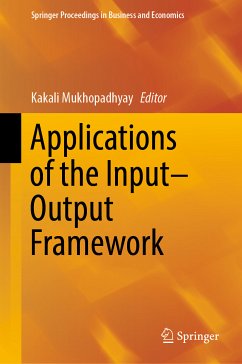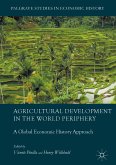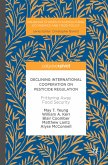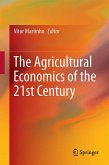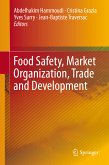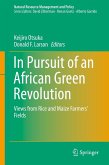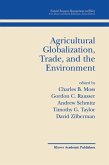This book provides a fresh perspective on the ever-growing relevance of input-output analysis in problem solving. It is based on the "19th National Conference of the Input-Output Research Association of India (IORA)", held in 2017 in Mumbai, India. The conference promoted the exchange of ideas on input-output analysis and related methods among economists, government officials, policymakers, academicians and industrialists.
The book captures the unique ideas of prominent scholars, extends the basic "input-output framework," analytical tool, outlines the possible impacts of some major policy decisions adopted by the Government of India, and puts forward concrete policy suggestions. In addition, it highlights the versatility of the Leontief model, which is currently being extended to cover a diverse spectrum of policy issues, ranging from agricultural productivity to science and technology and from carbon hotspots to energy and environmental consequences. A perfect blend of theory and application, the book provides a realistic outlook on sensitive economies and interdependencies between sectors.
Dieser Download kann aus rechtlichen Gründen nur mit Rechnungsadresse in A, B, BG, CY, CZ, D, DK, EW, E, FIN, F, GR, HR, H, IRL, I, LT, L, LR, M, NL, PL, P, R, S, SLO, SK ausgeliefert werden.

